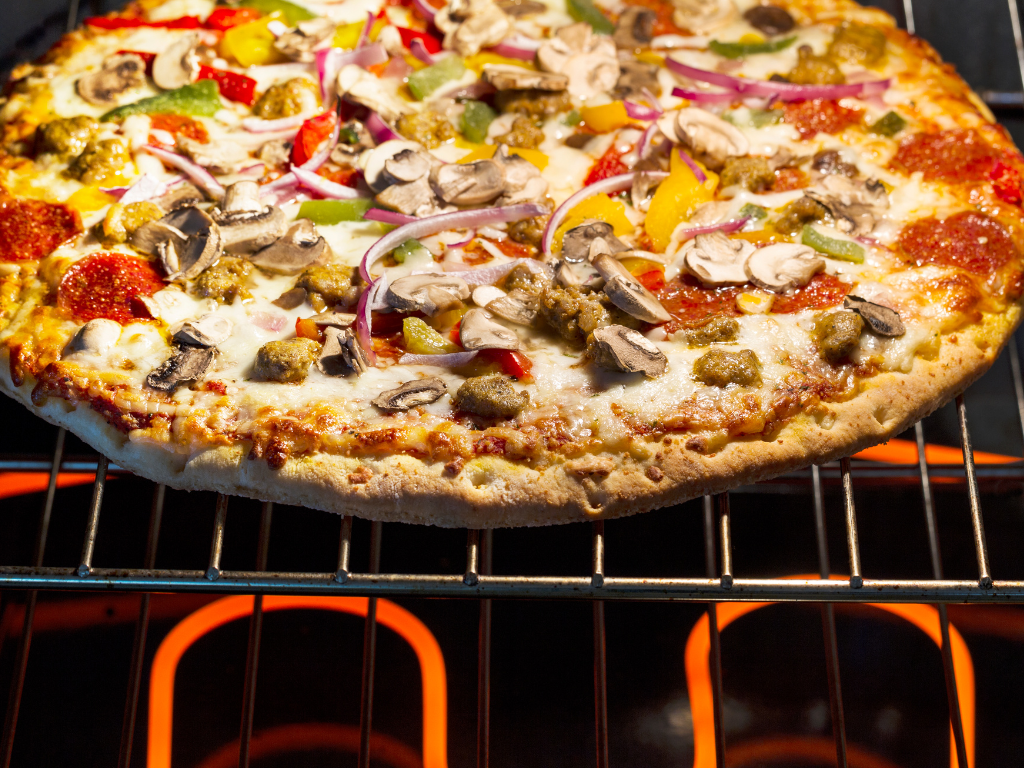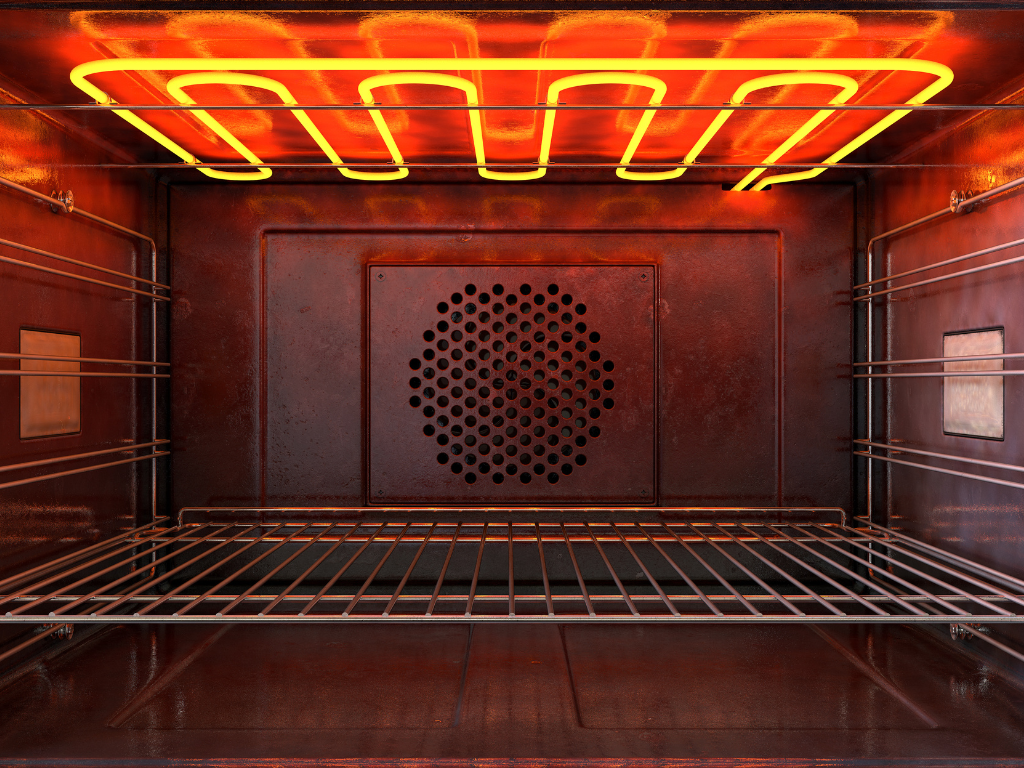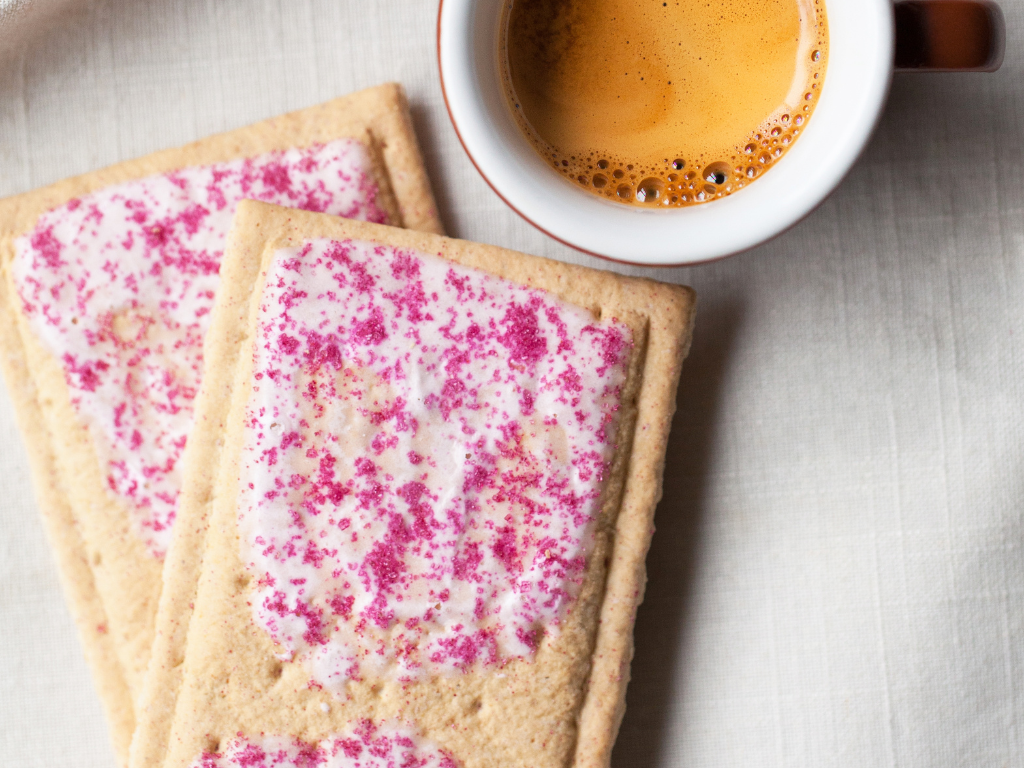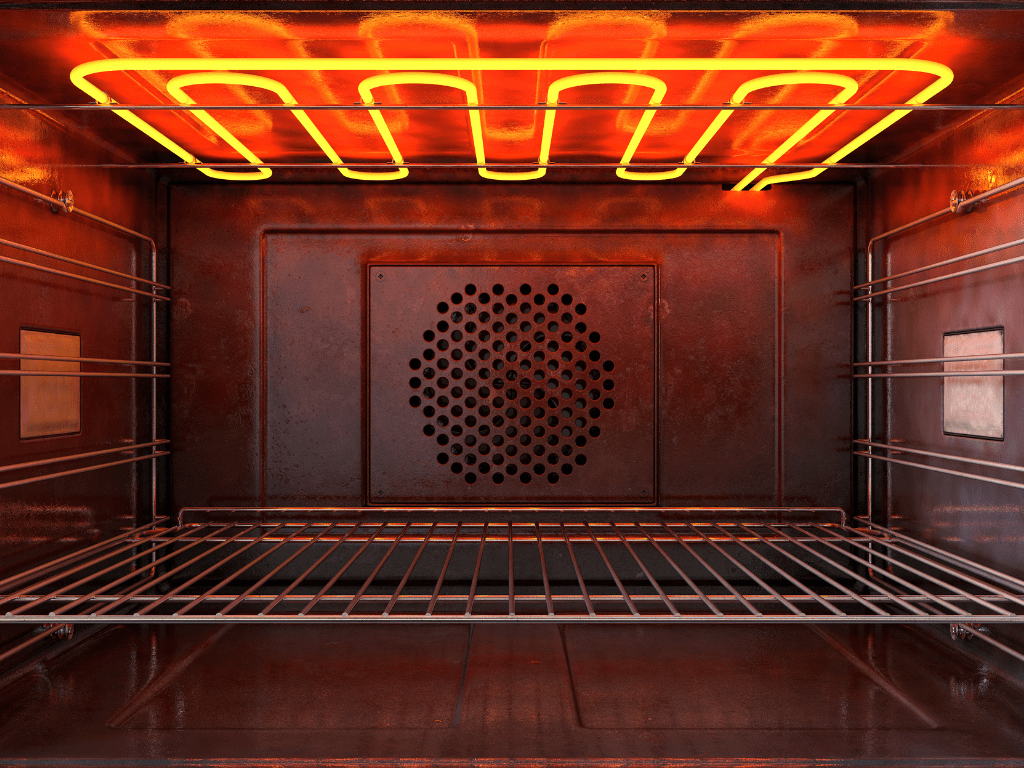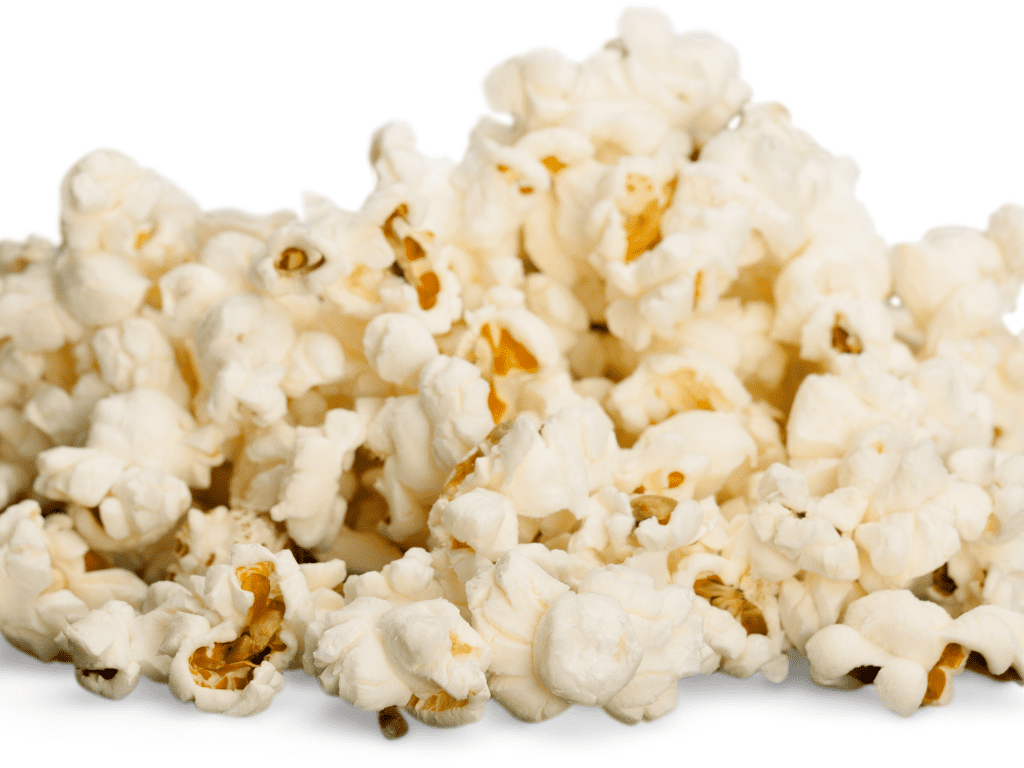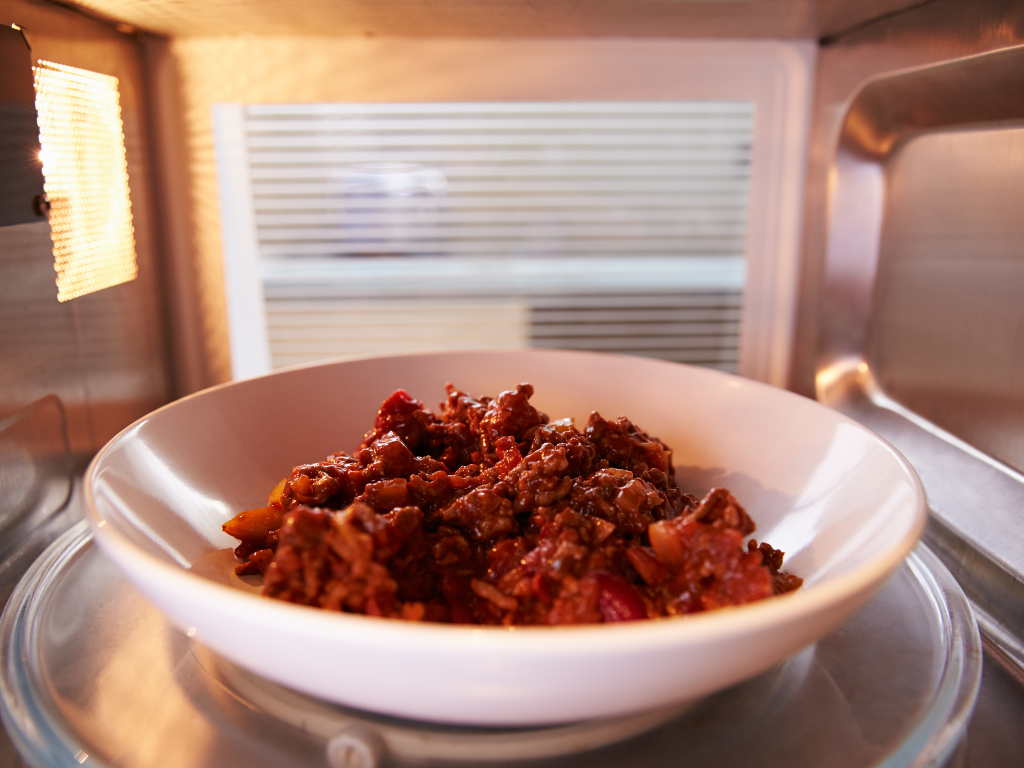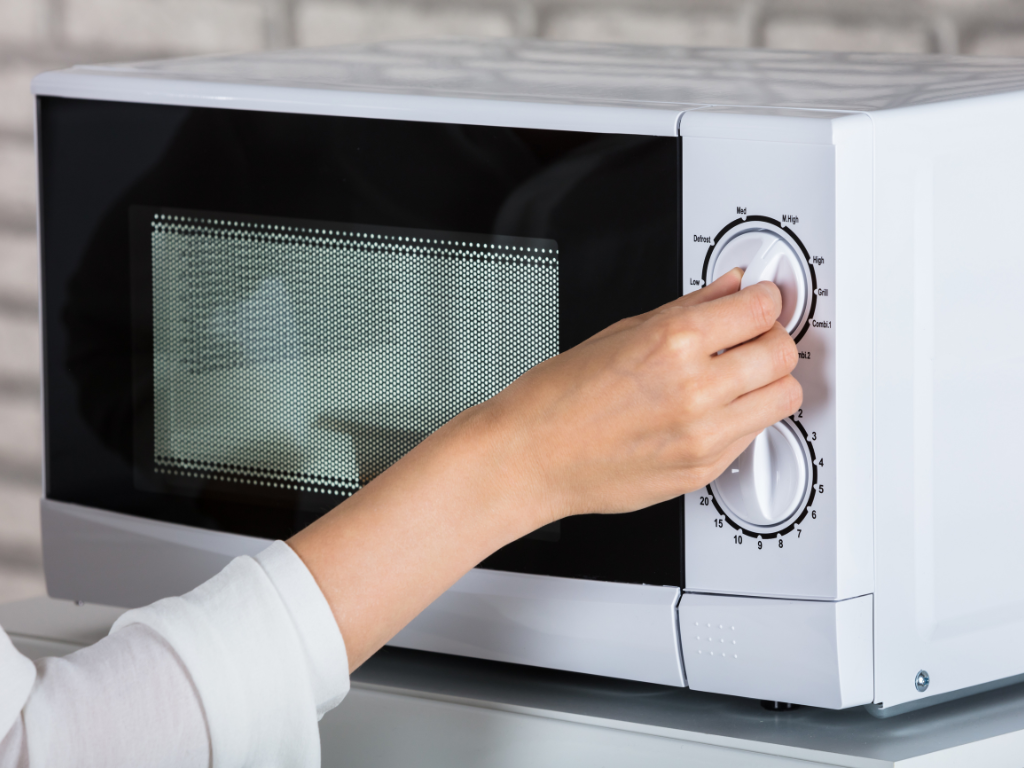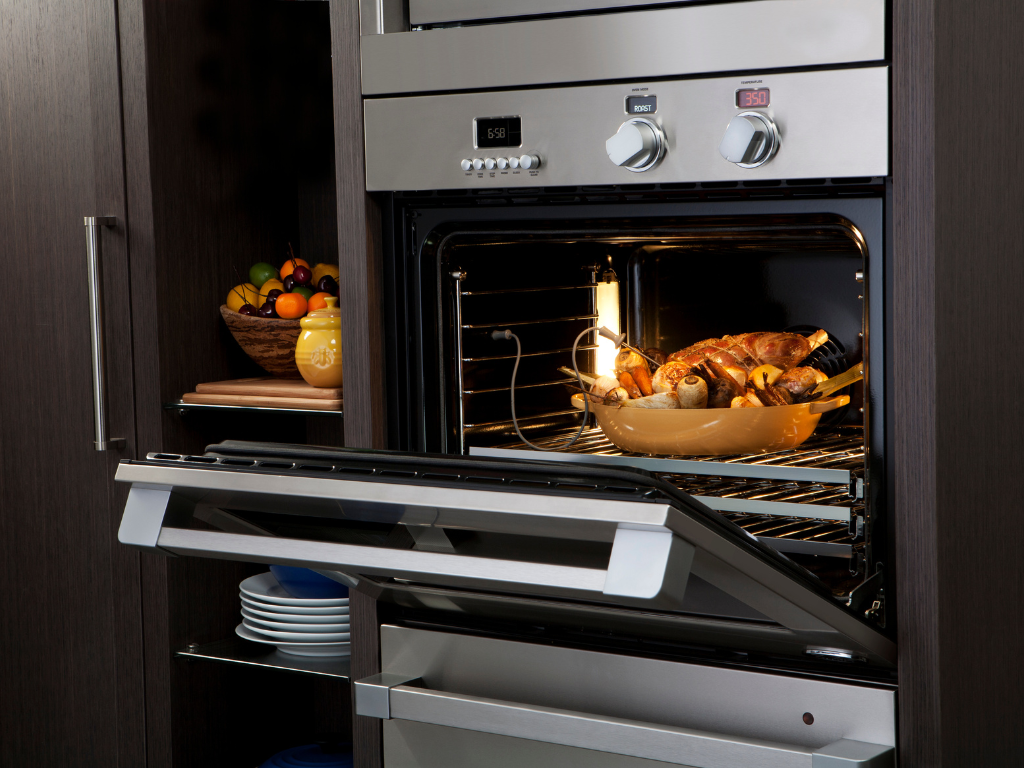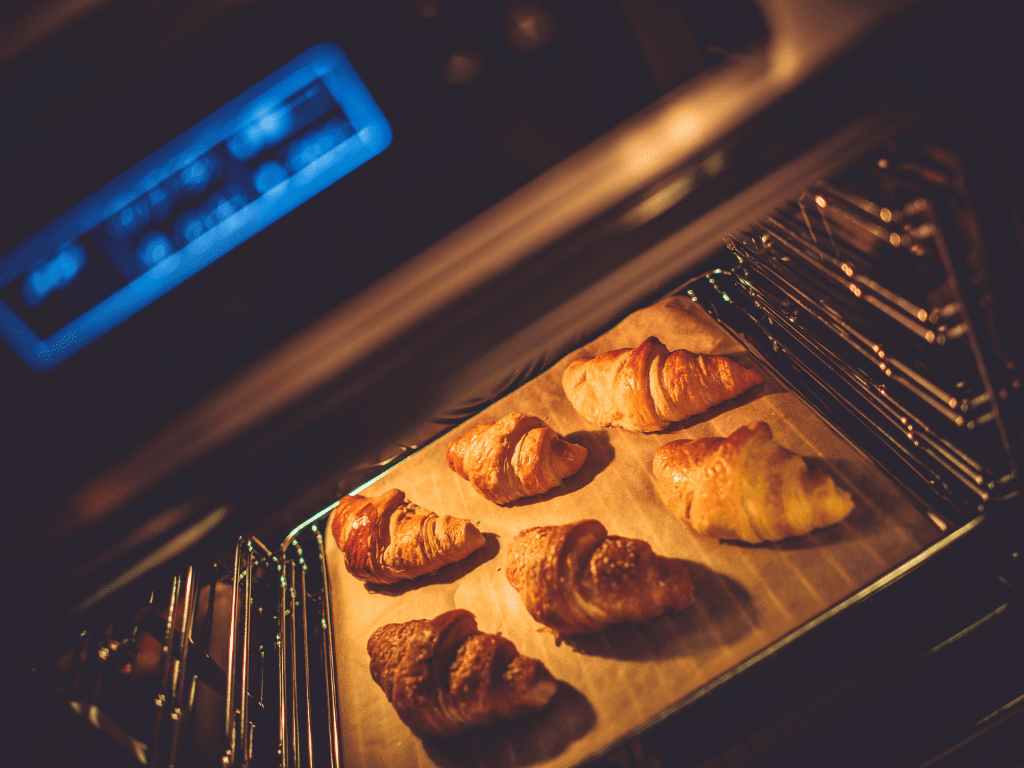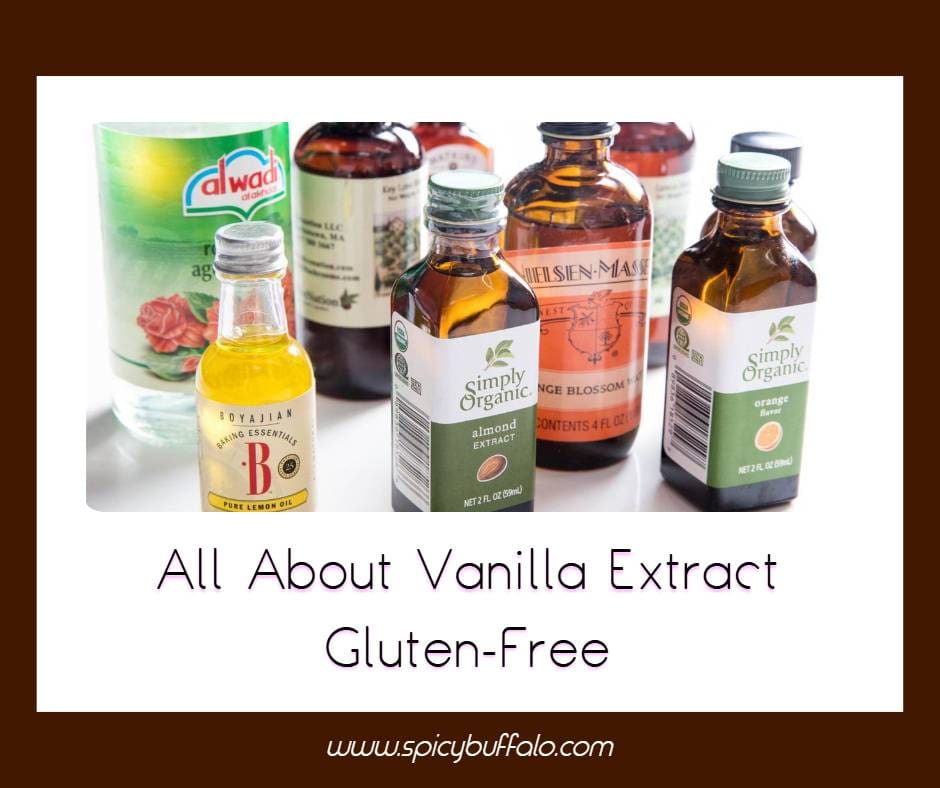
The cost of vanilla beans has risen dramatically in recent years.
Vanilla is the second most expensive spice, after saffron. It costs $600 per kilo, and 70% of the world’s supply comes from Indonesia. The price rise is due to volatility in production and demand for natural vanillin is increasing as consumers switch away from synthetic vanillin in food products.
The article states that the majority of vanilla is grown in Madagascar, but all is not well. Madagascar is in the midst of a political coup. The military has taken over the nation, and they are closing down processing plants to ensure they won’t be overrun by rebel forces, who would take vanilla as trophies. The article states that the government has said it will not interfere with production during this time, so supplies of natural vanillin won’t diminish.
Vanilla is one of my favorite spices (if not my favorite), I just love it — however, I must admit that I don’t know much about vanilla! Below are a few facts I did learn from your article.
I think since all the vanilla is grown in Madagascar, that you would need to buy “Madagascar” vanilla. Also, I’d like to know how the vanilla is processed if you buy it already processed. In other words, how it’s handled or stored? Hope this information helps!
All vanilla on the market is made from beans which normally come from Madagascar with a couple of exceptions – Tahiti and Criacao. The beans are then dried out in an air-conditioned factory and then shipped around the world where they are sold as ‘plain’ vanilla extract, baking powder etc… Vanilla has many uses aside from ‘plain’ so most of what you find in stores is processed (most of it is imitation). Vanilla beans can be stored for a very long time if dried out properly.
I’ve always wondered why vanilla costs so much, and how much of the price is that particular product being artificially marked up. Thanks for an answer! I don’t know much about vanilla, but I love the stuff!
Wildlife trafficking, the practice of hunting animals for the ivory trade and illegal logging for timber are two of the greatest threats to Madagascar’s biodiversity. Crudely-subdivided land has become prime real estate for those trying to cash in on vanilla’s growing value and profits from the illegal logging trade are estimated at $35m a year.
This is not an isolated case, it’s something I’ve been writing about long before this article was published. You can read my article “Vanilla: A Rare Commodity” here , if you’re interested. I’ll just cut to the chase here by saying that the next time you want to complain about the price of vanilla beans, spare a thought for those who are actually trying to ensure that there is enough for both us and our great-great-grandchildren.
I have read conflicting reports regarding what “extracts” are and why they should be avoided. Some say that extracts contain alcohol which may not be vegan due to some alcohol being derived from animal products so it’s best to avoid them. Others say they aren’t vegan because they use an animal product like milk or honey in its preparation (again, this is not “traditional” vanilla extract).
Resent prices are high because there isn’t enough production to meet demand, which will lead to higher prices in the next few years when produce starts getting harvested again (likely even higher than they are now). Foodies and fans of many varieties of vanilla will be scratching their heads, wondering how they could possibly afford to buy so much raw material, but what they really want is a way to make the expensive extract themselves.
“The cost of vanilla beans has risen dramatically in recent years. The price rise is due to volatility in production and demand for natural vanillin is increasing as consumers switch away from synthetic vanillin in food products. The majority of vanilla is grown in Madagascar, but all is not well.
Wildlife trafficking, the practice of hunting animals for the ivory trade and illegal logging for timber are two of the greatest threats to Madagascar’s biodiversity. Crudely-subdivided land has become prime real estate for those trying to cash in on vanilla’s growing value and profits from the illegal logging trade are estimated at $35m a year.”
Vanilla Extract/Essence is quite easy to make at home, although it can take some time to do. This recipe makes about three cups of essence, which is enough for about 6 cups (if I remember correctly) of vanilla extract. Plus, you’ll have lots left over. I have personally been using this recipe for about 2 years now, and I make it about once every 3 months.
I’d like to leave a caveat here: I’m not sure if you can use alcohol derived from animals for this process.
If you can, then by all means, please do. This is the first time I’ve made vanilla extract at home and have always used liquor from “Grain Alcohol” that is usually found in homebrew stores. It’s 100% grain alcohol (as far as I know) and has always worked perfectly fine. The closest thing I could find at my local megamart was Everclear (190 Proof) which is also 100% grain alcohol. You may wish to use that in its place if you can.
On the other hand, if you’re looking for a vegan vanilla extract, then I’m afraid this recipe is not for you.
Ingredients For This Recipe:
3 cups of vodka (I prefer to use grain alcohol)
1/2 cup of whole vanilla beans, fresh or dried (but make sure they’re not too old!)
Step 1 – Get Your Beans Ready! The first thing to do is gather all your things and get them ready like so: Fresh Vanilla Beans. I bought a big bunch from my local megamart about 6 months ago, and it’s been sitting in my pantry ever since.
As you can see, they’re starting to grow mold. That’s just fine! You’ll be cutting them off anyways. Please note that I didn’t use any of the beans pictured above, so do not worry if your beans look completely black with mold – it is perfectly fine! (That’s why I bought them 6 months ago.)
Step 2 – Chop Your Beans Up Next, since my beans are so big, I decided to chop them up into smaller pieces before I started the soaking process. It will help to better distribute the flavor throughout the vodka and it will also lead to a more even and quicker extraction of vanillin from the bean itself. If you haven’t chopped up your beans, don’t worry about it. You can always just leave them alone, and chop them up once they’ve been soaked.
Step 3 – Add Your Vanilla Beans And Vodka To A Jar With A Closeable Lid Next, add the beans and vodka to a jar with a closeable lid. I used an old glass mason jar (pictured). The reason I use that particular jar is because it’s large enough for these huge vanilla beans , and the lid closes very well (unlike some other jars). Do not use plastic, though! Plastic has the words ‘Poly’ somewhere in its name. Polyvinyl Chloride is derived from vinyl chloride.
Resent prices are high because there isn’t enough production to meet demand, which will lead to higher prices in the next few years when produce starts getting harvested again (likely even higher than they are now). Vanilla is the second most expensive spice, after saffron.
Why are vanilla pods expensive?
The reason for the rise in price is because vanilla production is limited to just a few countries in the world. Madagascar is the dominant producer, accounting for 80% of world exports. The price was very low when I wrote my previous article on vanilla , at least compared to its present day rates which are about $4 – $5 for a single bean (and even more for split beans). It’s not likely that prices will ever be so cheap again—not because production will increase or vanilla itself is rare, but because companies like McCormick have started hoarding tons of vanilla away in their warehouses, saying they don’t have enough storage space and that they must put it into cold storage.
Why has the price increased?
The price increase is partly due to the past three years of lower production, which was caused by a cyclone that hit Madagascar, destroying many plantations and slowing cultivation of the crop. Production has only recently recovered to pre-cyclone levels. Another reason for the high cost is that McCormick and other companies are hoarding tons of vanilla beans, claiming there isn’t enough storage space and they must put it into cold storage. This has lead to speculation that some flavor and aroma companies may be manipulating vanilla prices .
Are vanilla prices going to go up?
There have been reports of a sugar shortage in Madagascar this year, which may lead to higher prices in the next few years. Farmers could also choose to plant less vanilla, which would lead to higher prices. Fortunately, the crop is easily grown, so production will likely be able to meet demand in the long run.
Is vanilla worth the money?
Vanilla can add a lot of flavor to your dishes, but if you just want the flavor and not a lot of it for a recipe that calls for only ¼ teaspoon of it, then it might not be worth buying an entire bottle (which contains about 60-80 beans). It all depends on how much you use or how many recipes you prepare with vanilla. You can make your own extract at home, which is very inexpensive.
How long will vanilla extract last?
As long as you keep it sealed in a cool and dry place, it should last for many years. The flavour will change over time, though (because of evaporation), so most people simply buy new flavors every few months.
When do you use vanilla beans?
You can use whole or split vanilla beans to flavor dishes and beverages. The beans can be added to foods such as ice cream, cake batter, mashed potatoes, or even added right into the dish you’re cooking in. Once infused with the food, the bean can be removed. It is not meant to be eaten cooked unless you want a really chewy dessert (although I have heard of people using it as a tea). Don’t worry about any little black specks that might get into your food – they are harmless and will dissolve when cooked.
Why is vanilla so cheap in Mexico?
Venezuela is the only country in the world that controls both food and spice production from a central government. Britain once controlled its production, but discontinued control after they stopped selling it to Venezuela. You may have even heard of this on an episode of the Simpsons!
Herb Wilson is the author of four books and has written for The Washington Post, Food Network Magazine, Weight Watchers Magazine, Fitness Magazine, and many others. He has had a piece appear in The Wall Street Journal ‘s “Viewpoint” section , one in Mother Jones , and one in The Best American Science & Nature Writing . He has been interviewed on NPR’s “Fresh Air.
When did vanilla beans start straining? What do the tiny holes in some pods do?
Vanilla beans are generally processed through a milling machine to remove the seeds before being used for extract. Some producers use machines that have tiny holes in them and an extractor inside to help force the bean out from its shell.
If you don’t want anything artificial or chemical at all, there’s still food grade coconut oil . It has a flavor of its own; some people love it and others can’t stand it. You can also try making your own vanilla extract.
You can buy vanilla extract in many different types (like vodka, orange and rum), but the most popular is simply an alcohol free pure vanilla. And it certainly tastes great! Regular vanilla extract comes with a price; even if you can find a bottle at a supermarket or online, that price is still higher than what you’ll find online for plain vanilla beans. The best place to get your hands on some beans is from your local health food store or well-known e-commerce vendor — but always check the bottle’s ingredients before buying just to make sure it’s pure, unadulterated vanilla bean [the more expensive way].

